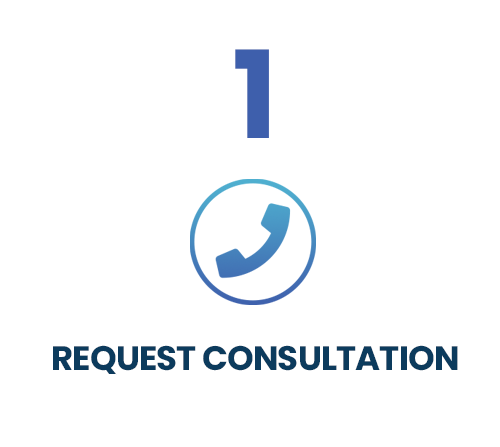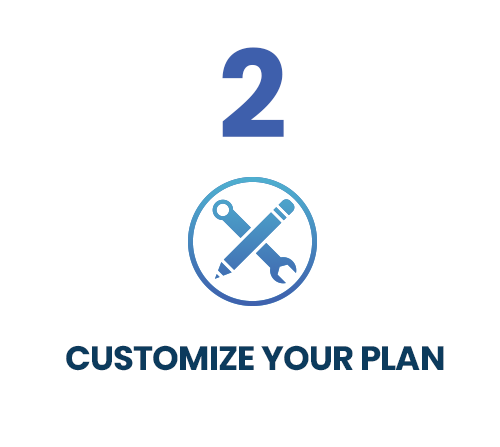Your website is created and now you have an online presence. Next thing to do is start driving traffic/leads to your site. How do you do this? Well one way is to launch a PPC campaign. One of the first steps in launching a PPC campaign is to figure out which keywords make the most sense for you to target. The Google Keyword Planner is a great tool for initial research, I recommend starting there! The Keyword Planner tool is going to present you a lot of generic keyword terms or as some would say, short tail keywords. Depending on your campaign, short tail keywords can be efficient for what you are trying to accomplish. In this article I will tell you the pros and cons of long vs short tail keywords.
LONG TAIL KEYWORDS
PROS:
- Less competition which leads to higher click-through-rate (CTR)
- Fewer people bidding on the long tail keywords which means it costs less to achieve higher rankings
- the longer the keyword the more likely your ad will show in the top page rankings
- The longer the keyword the higher the conversion rate because the ad is more relevant to what the person searched
CONS:
- Because long tail keywords help drive conversions, they aren’t going to drive a ton of traffic to your site. But, the traffic you do get will be much more likely to convert. Buying long tail keywords should be part of a larger strategy.
- Long tail keywords take more time to find the right words for your campaign. You have to really understand your audience and their search intent with long tail keywords.
- While long tail keywords will result in high conversion rates, they won’t happen that often!
SHORT TAIL KEYWORDS
PROS:
- Short tail keywords are great for driving as much traffic as possible to your site.
- Depending on your budget (which better be high if you want to buy short tail keywords) you can pick the most suitable keywords for your campaign because you will have plenty to choose from
CONS:
- Short tail keywords can drive the wrong type of traffic, leading to a higher bounce rate.
- Your conversion rate will be low but if the purpose is to drive traffic and brand awareness then the traffic to the site will make up for the lower conversion rate.
- The cost-per-click (CPC) will be much higher since there is more competition for the words.
- You shouldn’t run a niche campaign using short tail keywords as they can be very pricey and not as beneficial. To be at the top of search results with short tail keywords you must spend more to rank higher
Now that you know the pros and cons of long and short tail keywords, let me provide you with a quick example to help you better understand.
Short tail keyword – “men’s shoes.” This is a very generic word, and big retail stores will be bidding on this keyword. If you have the budget and can bid on this keyword, you will drive a lot of traffic and users will browse your website and see the variety of shoes you have to offer.
Long tail keyword: men’s nike basketball shoes. With this keyword, it is a lot more specific to what the user is looking for, which in return will lead to a higher conversion rate.
A key thing to remember with both short and long tail keywords is that whichever keyword you use, that keyword must link to the specific page that matches the keyword. So for “men’s shoes” the ad must link to the section of the website with men’s shoes. For “men’s nike basketball shoes,” the ad must link to the section of the website that sells men’s basketball shoes and shows only the Nike brand.
Both short and long tail keyword strategies work. Determining which to use should be based on your campaign goals, audience and budget.




